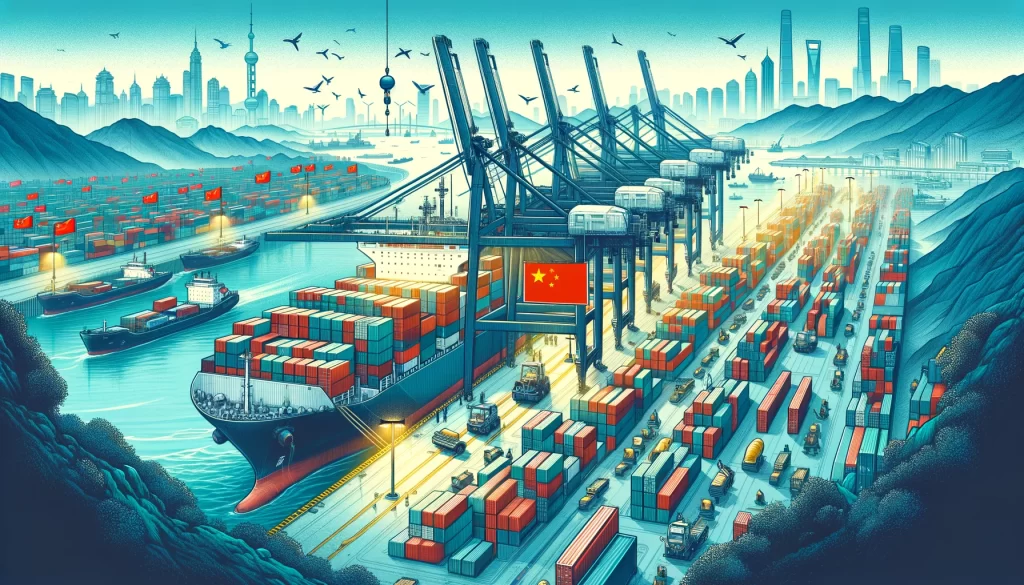The Biden administration is set to increase the number of Chinese companies on the Uyghur Forced Labor Prevention Act Entity List, signaling a tougher stance on imports linked to forced labor allegations in Xinjiang.
Expansion of the Entity List
Homeland Security policy adviser Laura Murphy announced plans to significantly grow the list of companies banned from U.S. imports due to forced labor allegations. The Uyghur Forced Labor Prevention Act (UFLPA) Entity List, which targets firms with purported ties to labor exploitation in China’s Xinjiang region, will see numerous additions in the coming months. This move aims to strengthen the enforcement of the UFLPA, which has been in effect since June 2022, prohibiting most Xinjiang-related imports.
Impact on Supply Chains
The UFLPA’s enforcement has already resulted in the detention of $2.9 billion worth of goods, predominantly electronics and apparel. While some importers have successfully contested these detentions, bipartisan support exists for intensifying these measures. The entity list, which currently includes 30 companies, specifically names entities whose products are banned from U.S. entry, even as components within other goods. Murphy did not disclose the number of companies to be added but emphasized the administration’s commitment to rigorous enforcement.
Corporate Responsibility
Murphy, who was appointed as an adviser five months ago, underscores the administration’s serious approach to addressing forced labor in supply chains. She encourages businesses to proactively audit their supply chains to avoid entanglement with forced labor practices. Companies like Volkswagen have already faced challenges, with vehicles held at U.S. ports due to parts sourced from listed entities. Murphy’s message to businesses is clear: act swiftly to clean supply chains ahead of further entity list updates.
The Biden administration’s decision to expand the entity list under the UFLPA reflects a growing focus on human rights within supply chain management. Supply chain directors should anticipate stricter import controls and prepare for increased due diligence requirements to ensure compliance and uninterrupted operations.





